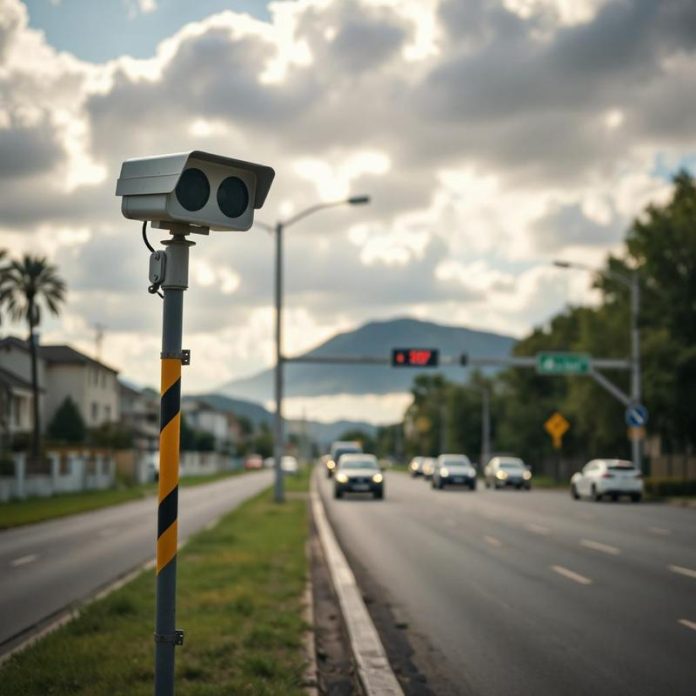The Case of the Abnormal Speed Camera
The speed camera in question issued dozens of tickets, all of which reported the same recorded speed of 35.55 mph (57.24 km/h). In some cases, the repeated reading was 43.55 mph (69.12 km/h). Such precise repetition has raised questions about the reliability of the device. Some drivers received several identical fines on the same day, with total fines exceeding 2,500 euros.
The AltVelox association highlighted the situation, stressing that the speed camera may not have been properly approved or may not be working properly. The matter is currently being investigated by the Public Prosecutor’s Office and the Court of Auditors, as it may be a larger problem than simple individual complaints.
The drivers involved suffered losses, having fines deducted from their driving licences. Some received up to 15 fines in just a few weeks. The situation has caused frustration and requests for clarification from citizens.
In Italy, the law requires that all speed control stations be pre-marked and clearly visible. In addition, the Court of Cassation declared fines issued by approved but unapproved equipment invalid, highlighting the importance of approval for the validity of fines.
Possible decisions and appeals
Motorists who believe they have been unfairly fined can appeal, particularly if there are doubts about the approval or operation of the speed camera. It is advisable to check the documentation relating to the device and, if necessary, consult a lawyer specialising in traffic law.
The case of the speed camera that always records the same speed highlights the importance of ensuring the accuracy and reliability of speed control devices. It is important that the competent authorities carry out regular checks and that motorists are informed of their rights and the procedures for challenging any unfair fines. For further information on the rules regarding speed cameras and motorists’ rights, you can consult the resources available from consumer protection associations and the official websites of the competent authorities.
,








